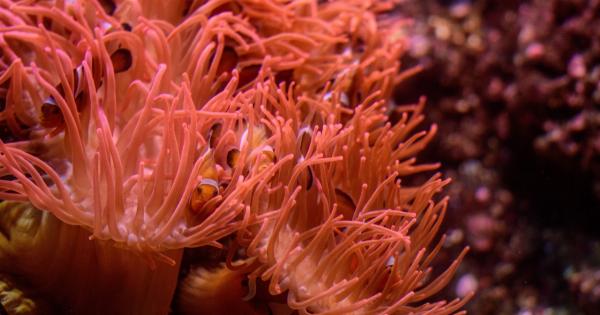When it comes to eggs, they are often regarded as a versatile and nutritious food. Whether you prefer them scrambled, poached, or in an omelette, eggs are a staple in many people’s diets.
However, there is often a debate about the nutritional differences between the egg yolk and egg white. In this article, we will explore the calorie content of both and determine which one has more calories.
The Anatomy of an Egg
Before we dive into the calorie content, let’s understand the composition of an egg. An egg consists of two main components: the egg yolk and the egg white.
Egg Yolk: The Nutrient Powerhouse
The egg yolk is the yellow part of the egg and contains most of the egg’s fat and cholesterol. It is also a rich source of essential vitamins and minerals. The yolk provides the egg with its creamy texture and is responsible for its flavor.
When it comes to calories, the egg yolk is more calorie-dense than the egg white. In fact, a large egg yolk contains about 55 calories. However, it is important to note that the majority of these calories come from fat.
A large egg yolk contains approximately 4.5 grams of fat, which contributes to its higher calorie content.
Despite its higher calorie content, the egg yolk is also packed with important nutrients. It is an excellent source of vitamins A, D, E, and K. Additionally, it contains B vitamins such as B6, B12, and folate.
The yolk also provides minerals like iron, zinc, and phosphorus.
Egg White: The Protein Powerhouse
While the egg yolk steals the spotlight with its nutrient density, the egg white should not be overlooked. The egg white, also known as the albumen, forms the clear substance surrounding the yolk. It is made up of water and proteins.
The egg white is often praised for its high protein content. In fact, a large egg white contains about 17 calories and a whopping 3.5 grams of protein.
This makes it an excellent choice for individuals looking to increase their protein intake without consuming additional fat or cholesterol.
In addition to being a great source of protein, the egg white is also low in calories and contains zero grams of fat. This makes it a popular choice among fitness enthusiasts and individuals following a low-fat diet.
Egg Yolk vs. Egg White: The Calorie Comparison
Now that we have explored the nutritional content of both the egg yolk and egg white, let’s compare their calorie content directly:.
- A large egg yolk contains approximately 55 calories
- A large egg white contains approximately 17 calories
From this comparison, it is clear that the egg yolk has more calories than the egg white. However, it is essential to consider the nutritional value of both components before making a decision on which one to consume.
Health Considerations
When deciding whether to consume the egg yolk or egg white, there are a few health considerations to keep in mind.
The egg yolk contains essential nutrients like vitamins A, D, E, and K, which are fat-soluble vitamins. These vitamins require some amount of fat for optimal absorption in the body.
Therefore, consuming the whole egg with the yolk may be considered more beneficial in terms of nutrient absorption.
On the other hand, the egg white is an excellent source of protein, with zero grams of fat. It can be a preferred choice for individuals who need to watch their fat intake due to dietary restrictions or health concerns.
Conclusion
In conclusion, while the egg yolk contains more calories than the egg white, it also provides an array of essential nutrients.
The choice between the two depends on individual dietary preferences, health goals, and any dietary restrictions one may have.
It is worth noting that eggs should be consumed as part of a balanced diet and not solely based on their calorie content.
Whether you enjoy both the egg yolk and egg white or prefer one over the other, eggs can be a nutritious addition to a well-rounded meal plan.






























